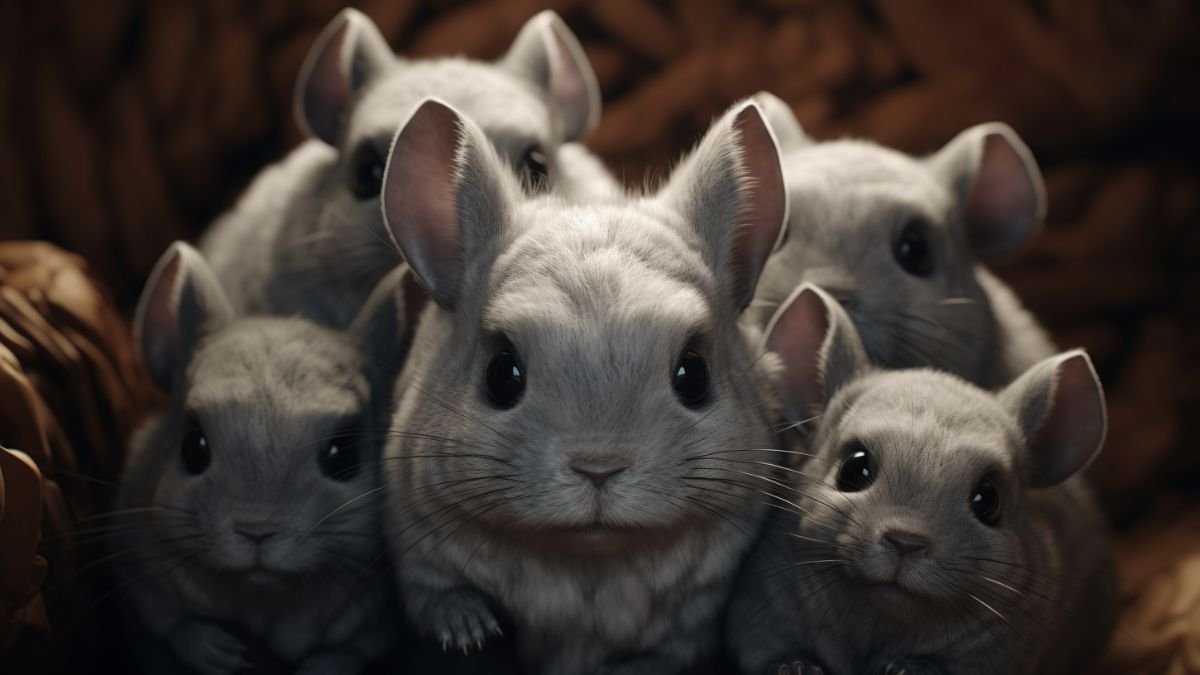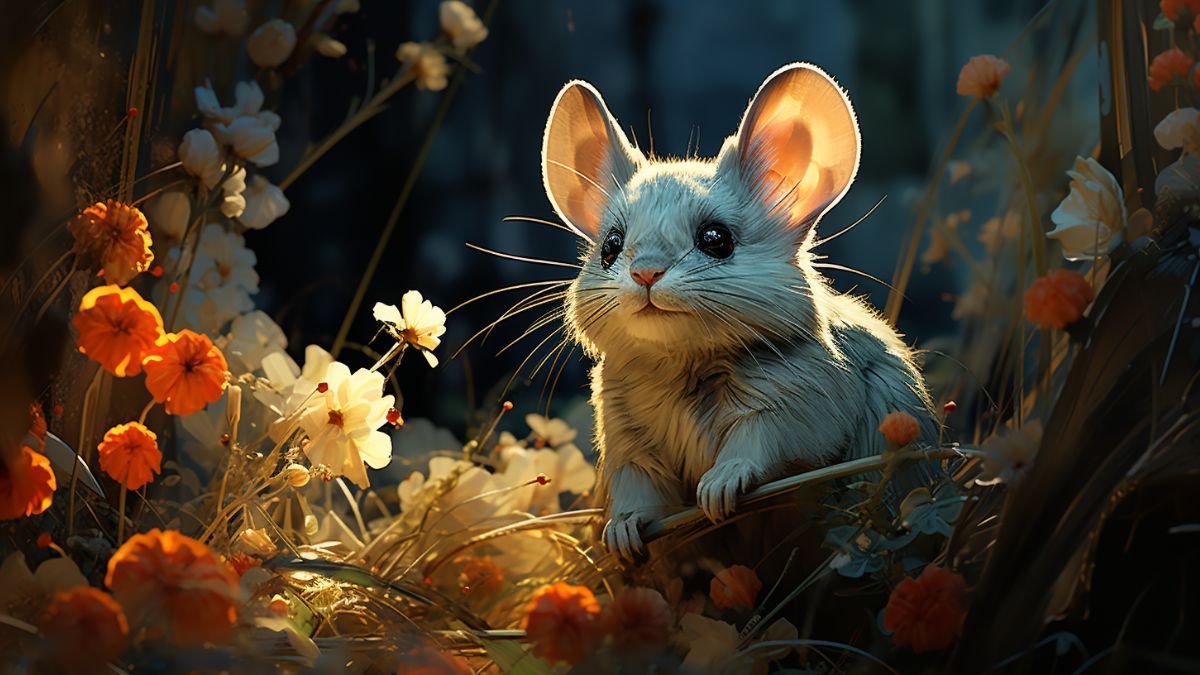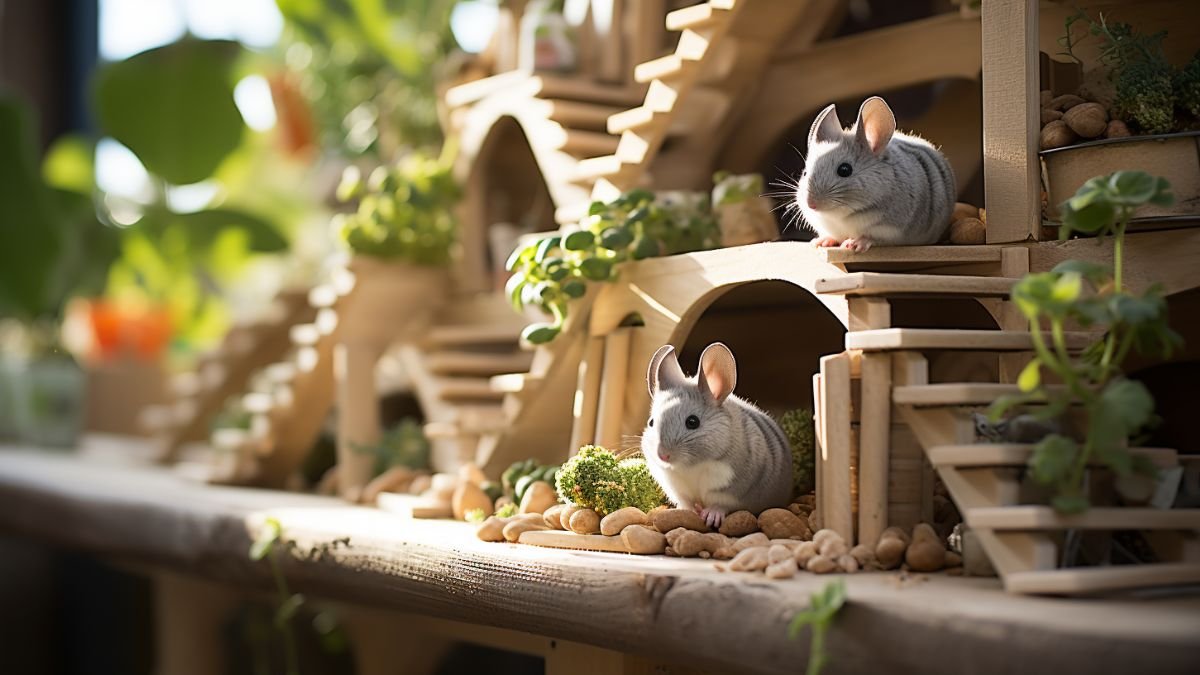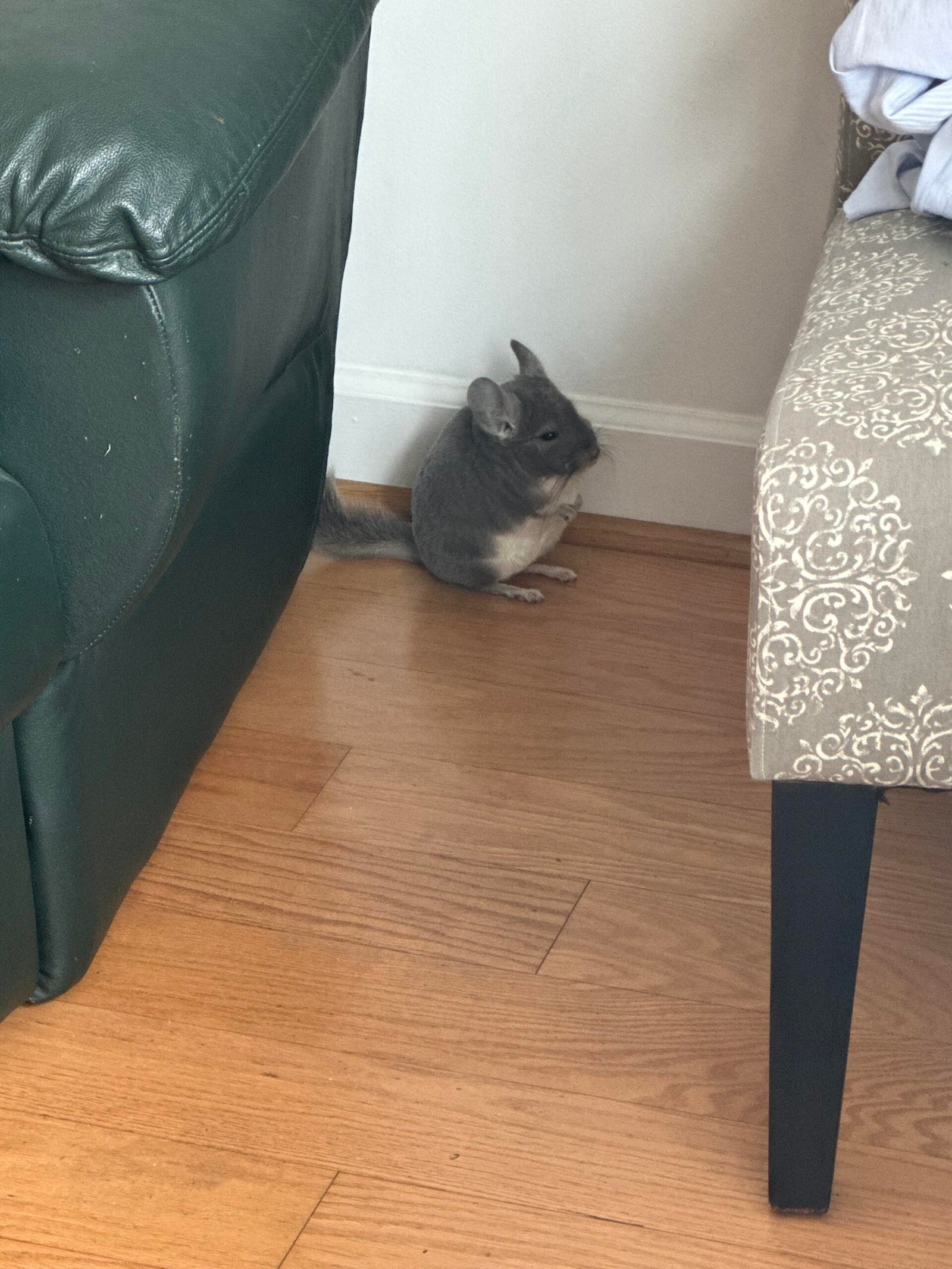
Introduction
If you’re a chinchilla owner or considering becoming one, you may wonder: do chinchillas have fleas?
Fleas are common in cats, dogs, and other furry pets. But chinchillas, with their dense, unique fur coats, present a very different case. While it is possible for chinchillas to get fleas, it’s extremely rare — and when it does happen, it often indicates a shared environment with other pets.
This article dives into:
- Whether chinchillas can host fleas.
- Why fleas rarely thrive on chinchillas.
- Signs of flea infestations.
- Prevention and treatment methods.
- Safe products and expert advice.
By the end, you’ll have a full understanding of flea risks and how to protect your chinchilla.
Understanding Fleas and How They Spread
Fleas are parasitic insects that feed on the blood of warm-blooded animals. They:
- Thrive in humid, warm environments.
- Reproduce quickly (up to 50 eggs per day).
- Commonly infest cats, dogs, and rabbits.
They spread via:
- Direct contact with an infested animal.
- Shared bedding or living spaces.
- Outdoor exposure.
👉 Learn more about multi-pet dynamics in our guide on do chinchillas get along with cats.
🛒 Recommended Products for Chinchilla Flea Prevention
- Flea Comb for Small Animals – Gentle way to check for fleas without harming delicate fur.
- Kaytee Chinchilla Bath Sand – Essential for keeping fur clean, reducing oil, and naturally deterring parasites.
- Adams Flea & Tick Carpet Spray – Safe for household use to eliminate fleas in carpets, bedding, and furniture (don’t spray directly on your chinchilla!).
- Kaytee Small Animal Hideout – Washable hideout house to reduce flea egg buildup and keep your chinchilla stress-free.
- Lixit Glass Water Bottle – Durable and easy-to-clean water bottle, prevents contamination from fleas or dirt.
Note: Always consult an exotic vet before using any flea treatment directly on chinchillas. Focus on environment cleaning and prevention.
Do Chinchillas Get Fleas?
The answer: rarely, but yes, it’s possible.
Chinchillas are less likely to carry fleas compared to dogs or cats because:
- Their fur is extremely dense — fleas struggle to navigate it.
- Fleas require easier access to skin, which is difficult with chinchillas’ thick coats.
However, chinchillas can get fleas if:
- They live in a household with infested pets.
- They share spaces with bedding or carpets carrying flea eggs.
- They are exposed to outdoor areas frequented by other animals.
For a deeper look at chinchilla fur health, see chinchilla dust bath house.
Why Fleas Rarely Survive on Chinchillas
Unlike cats or dogs, fleas find chinchillas to be an unsuitable host because:
- Poor accessibility: Fleas can’t easily reach the skin.
- Dust baths: Regular dust baths disrupt parasites.
- Body temperature: Chinchillas maintain cooler skin temps compared to other hosts.
This makes chinchillas naturally resistant, though not immune.
Signs of Flea Infestation in Chinchillas
Though rare, owners should watch for:
- Excessive scratching or grooming.
- Hair loss in patches.
- Red, irritated skin (if fleas manage to bite).
- Flea dirt (tiny black specs) on fur or bedding.
If you see these signs, it’s worth consulting an exotic pet vet.
Can Fleas Harm Chinchillas?
While fleas rarely thrive, when they do, risks include:
- Skin irritation and infections.
- Stress, which can shorten lifespan (see how long chinchillas live).
- Potential transmission of tapeworms or bacterial infections.
Fleas are not just an annoyance — they can compromise your pet’s health.
How to Prevent Fleas in Chinchillas
The best strategy is prevention:
- Keep the cage clean (see how often to clean a chinchilla cage).
- Vacuum and wash carpets, bedding, and furniture.
- Treat other pets (cats, dogs) regularly with flea prevention.
- Avoid outdoor exposure in flea-prone areas.
👉 Affiliate pick: Adams Flea & Tick Carpet Spray (bold green) for home flea control.
Safe Treatment Options for Chinchillas
If your chinchilla does get fleas:
- NEVER use dog/cat flea shampoos or spot treatments — they are toxic to chinchillas.
- Consult an exotic pet veterinarian immediately.
- Flea combs can help detect fleas, though thick fur makes combing difficult.
- Environment treatment (cage, bedding, home) is more important than treating the chinchilla directly.
For cage hygiene, use safe products alongside a chinchilla hideout house and washable accessories.
👉 Affiliate pick: Flea Comb for Small Animals (bold green).
Dust Baths as a Natural Defense
Dust baths are one of the best defenses against parasites:
- They keep fur dry and oil-free.
- They help shake off debris and potential parasites.
- They promote skin and coat health.
Check out our guide on chinchilla dust bath house and choose safe dust products.
👉 Affiliate pick: Kaytee Chinchilla Bath Sand (bold green).
When to See a Veterinarian
Seek professional help if:
- Scratching persists despite cleaning and dust baths.
- Skin appears red or inflamed.
- You see actual fleas or flea dirt.
Exotic vets can recommend safe treatments tailored for chinchillas, as most over-the-counter products are unsafe.
Myths About Chinchillas and Fleas
- Myth: Chinchillas can’t get fleas. False — it’s rare, but possible.
- Myth: Dust baths kill fleas instantly. False — they may help, but not eliminate infestations.
- Myth: Cat flea collars are safe. Dangerous — toxins can kill small pets.
Expert Opinions
According to the Humane Society and chinchilla specialists, flea infestations in chinchillas are unusual but should be taken seriously when they occur.
Veterinary consensus: prevention and environment management are key, not direct chemical treatments.
FAQs
Do chinchillas naturally repel fleas?
Mostly, due to dense fur and dust baths.
What do I do if my chinchilla has fleas?
Consult an exotic vet. Clean the environment thoroughly.
Can fleas transfer from cats to chinchillas?
Yes. Shared spaces are the most common source.
Are flea treatments safe for chinchillas?
Most are not — only vet-prescribed methods should be used.
Can chinchillas give fleas to humans?
Not directly, but fleas can bite humans temporarily.
Conclusion
So, do chinchillas have fleas? While it’s rare, it is possible — especially in multi-pet households. Their dense fur makes them less susceptible, but they aren’t immune.
To protect your chinchilla:
- Maintain a clean cage and home.
- Prevent fleas on other pets.
- Use dust baths regularly.
- Consult a vet if you suspect an infestation.
Prevention is always easier than treatment — and with proper care, fleas won’t be a problem for your chinchilla.







